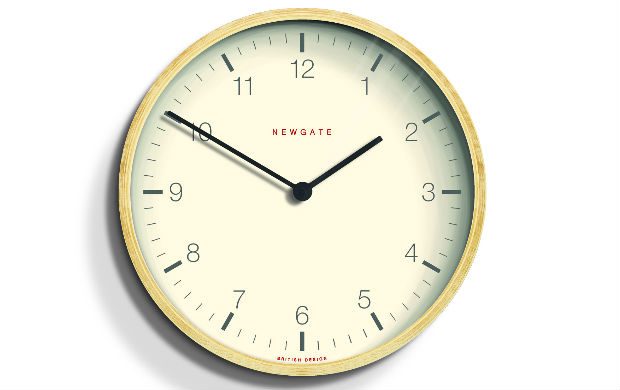Almost everyone struggles with procrastinating. It seems to be a universal problem applicable to all social groups – schoolchildren, managers, stay-at-home parents, students, corporate workers or business owners. Somehow, putting off an unwanted task for “a bit” later is incredibly tempting. As innocuous as it may sound, it has negative consequences for your health. It increases your stress level and lowers your self-confidence. How to stop procrastinating? Keep reading to find out.
Being Aware of Your Problem
The first step to successfully handling the problem of procrastination is admitting that you have one and observing when it happens. Monitor how you approach your daily task and take a mental note if you’re procrastinating. Write down how often it happens.
Looking objectively at the time you lose may be a strong motivator for future change, but don’t use it to blame yourself.
Pay attention to how long you spend on preparation time or with making decisions on how to act. Observe if you schedule your coffee/lunch/cigarette breaks in the middle of big tasks., or if you need to be “in the right mood” to do something. Note if you spend time on easy, low-priority tasks instead of the major project.
It’s your decision whether procrastination is a problem for you. If you decide to act, start with self-help articles like this one, or consider professional help. Find out more about the work of a time management coach, who can help you discover deep-rooted reasons for your procrastination.
Manage Your Energy, Not Time
Everyone has the time of the day when they’re the most productive. For some, it’s in the morning. For others, in the evening. Learn at what time you’re the most effective and schedule the most important task for that time. If you can’t figure it out, experiment! It’s a good practice to start the day by tackling the biggest task. Then, effectively use the time of low energy for a simpler, less engaging part of your work or school life.
Stop the Cycle of Self-Blame
Procrastination is detrimental to your health because you put your body under constant stress. Firstly, you force yourself to finish tasks just a minute before the deadline and perhaps skip a few hours of sleep. Secondly, you might be blaming yourself for the lack of efficient organisation. It’s crucial to end this cycle of self-criticism. Be fair to yourself, don’t pretend you don’t have a problem, but also stay kind and patient with yourself. You won’t change your habits overnight.
Free Your Mind From Distractions
This task sounds simpler than it truly is, but it is possible to create a habit of working in full focus. Distractions come from all sources: thinking about personal life, relationships, daily responsibilities, meetings to arrange, media news, and of course, social media notifications. Use some of the following tricks to reduce your distractors:
● leave your mobile phone hidden, in another room or a bag while working;
● spend 10 minutes journaling about your personal life, reflect on your emotions, then focus on work;
● write down a “to-do” list of things that are not related to your work and leave it for later;
● schedule a time slot during your day when you read news or entertainment and stick to it.
Hopefully, you’ve found some useful tips in this guide. There’s nothing more to add that in many cases the help of a professional is an investment in the future.








